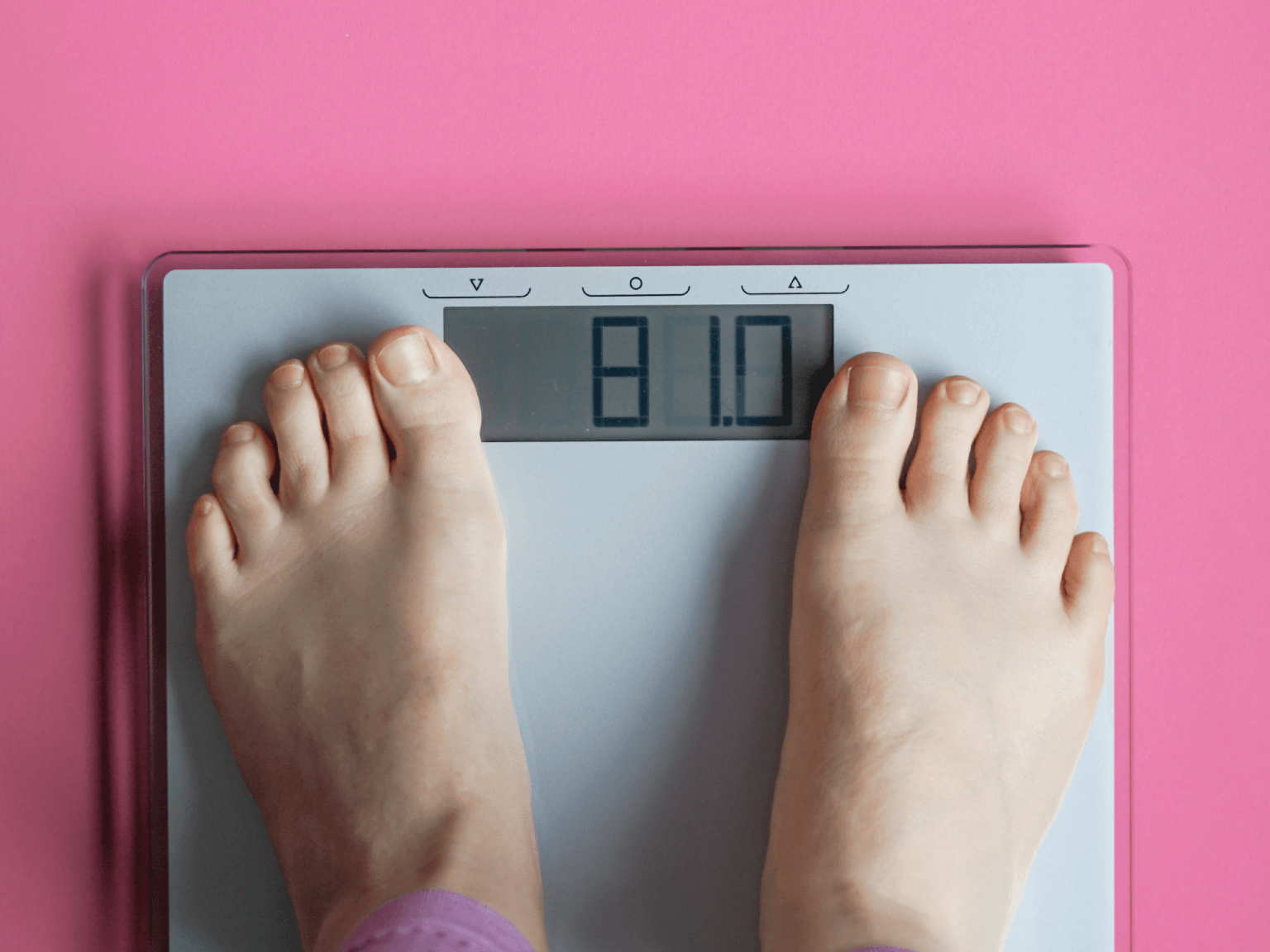Is Detoxification And Weight Loss Interconnected

Detoxification and weight loss are often associated with each other, but it’s important to understand the nature of their relationship. While detoxification is the process of eliminating toxins from the body, weight loss refers to the reduction in body weight, primarily from a decrease in body fat. While there may be some overlap between the two, they are not directly interconnected in the way that some detox diets claim.
In today’s society, where maintaining a healthy weight is a common concern, various diets and weight loss strategies have gained popularity. One such approach that has garnered attention is detox diets. Proponents of detox diets claim that they can help individuals shed pounds by eliminating toxins from the body. However, it’s important to separate fact from fiction and understand whether detox diets are truly effective for weight loss.
What is Detoxification?
Detoxification, or detox for short, is the process of eliminating harmful substances or toxins from the body. These toxins may come from various sources, including the food we consume, the air we breathe, and the products we use. Detox diets typically involve strict dietary regimens that focus on consuming certain foods or beverages while avoiding others. They often include fasting, juice cleanses, or specific food restrictions for a certain period.
The Claim: Detox Diets Aid Weight Loss
Detox diets are often marketed as a way to jump-start weight loss or break through plateaus. Advocates of detox diets argue that by eliminating toxins from the body, one can enhance metabolism, promote fat burning, and ultimately shed pounds. While it’s true that detox diets may lead to initial weight loss, it’s important to understand the reasons behind it.
The Reality: Short-Term Water Weight Loss
The weight loss experienced during a detox diet is primarily due to a loss of water weight, not fat loss. When you restrict your caloric intake significantly or consume diuretic substances like herbal teas, your body loses water. This can create the illusion of rapid weight loss on the scale. However, once you resume your regular eating habits, the lost water weight quickly returns.
Lack of Scientific Evidence
Despite the popularity of detox diets, scientific evidence supporting their effectiveness for weight loss is limited. Many claims made by detox diet proponents lack rigorous scientific studies or rely on anecdotal evidence. The body has its own built-in detoxification systems, primarily the liver and kidneys, which are highly efficient at eliminating toxins naturally. These organs work continuously, regardless of the specific diet you follow.
Potential Health Risks
Detox diets often involve severe calorie restriction, which can lead to nutrient deficiencies and imbalances. By eliminating certain food groups or severely limiting your intake, you may not be providing your body with the necessary nutrients it needs to function optimally. Additionally, prolonged fasting or restrictive diets can result in muscle loss, a slowed metabolism, and a weakened immune system.
If your goal is weight loss, it’s important to focus on sustainable and evidence-based strategies. This involves creating a calorie deficit by consuming fewer calories than you expend through a combination of healthy eating and regular physical activity. While detoxification is important for overall health, it should not be relied upon as the primary method for weight loss.
It’s worth noting that certain healthy eating principles, such as consuming whole foods, staying hydrated, and avoiding excessive processed foods, can support both detoxification and weight loss goals. By adopting a balanced and nutritious diet, you provide your body with the necessary nutrients to support its natural detoxification processes while also promoting weight loss in a healthy and sustainable manner.
A Balanced Approach to Weight Loss
Rather than relying on detox diets, a balanced approach to weight loss is generally recommended. This approach focuses on long-term sustainable changes to your eating habits and lifestyle. Here are some key principles to consider:
1. Balanced Nutrition: Consume a variety of whole foods, including fruits, vegetables, lean proteins, whole grains, and healthy fats. Aim for portion control and avoid excessive consumption of processed foods, added sugars, and unhealthy fats.
2. Regular Physical Activity: Engage in regular exercise to increase your calorie expenditure and promote overall well-being. Combine cardiovascular exercises with strength training for optimal results.
3. Adequate Hydration: Drink plenty of water throughout the day to stay hydrated and support your body’s natural detoxification processes.
4. Sufficient Sleep: Prioritize getting enough sleep, as it plays a crucial role in weight management and overall health.
5. Seek Professional Guidance: If you’re struggling with weight loss, consider consulting with a registered dietitian or a healthcare professional who can provide personalized advice based on your unique needs and goals.
While detoxification and weight loss are related to some extent, they are not directly interconnected. Detoxification is a natural bodily process, while weight loss requires a calorie deficit achieved through a balanced and sustainable approach to eating and physical activity.

At Inan, we believe in a whole-body approach to Healthcare. Focusing on the 6 pillars of health – Food, Exercise, Sleep, Mind, Detox and Nutrition, we leave no stone unturned in helping you to a holistic and rejuvenated tomorrow.
Quick Links
Home
About Us
Detox
Blog
Faq
Contact Us
Get in Touch
J73,G2,Ground floor, R.R.Residency,13th Main Road, Anna Nagar West, Chennai. -600040
Email : inanclinic@gmail.com

At Inan, we believe in a whole-body approach to Healthcare. Focusing on the 6 pillars of health – Food, Exercise, Sleep, Mind, Detox and Nutrition, we leave no stone unturned in helping you to a holistic and rejuvenated tomorrow.
Quick Links
Get in Touch
J73,G2,Ground floor, R.R.Residency,13th Main Road, Anna Nagar West, Chennai. -600040
Email : inanclinic@gmail.com



